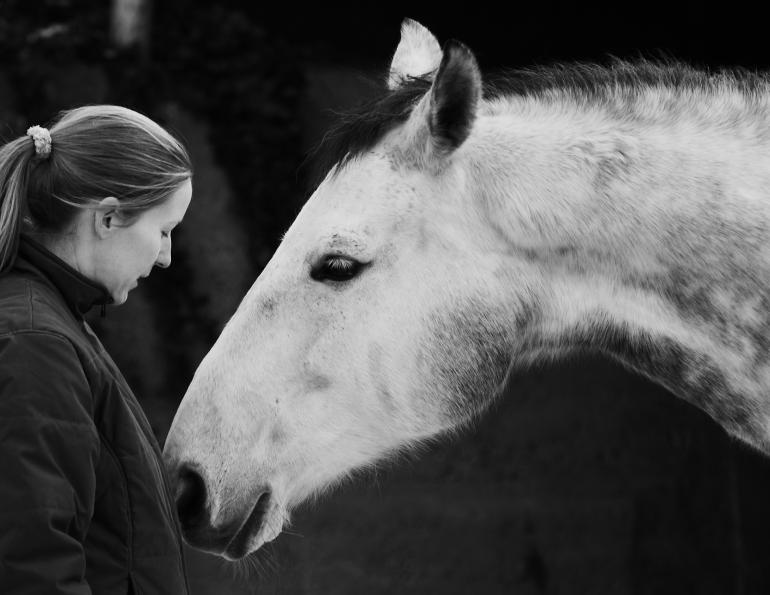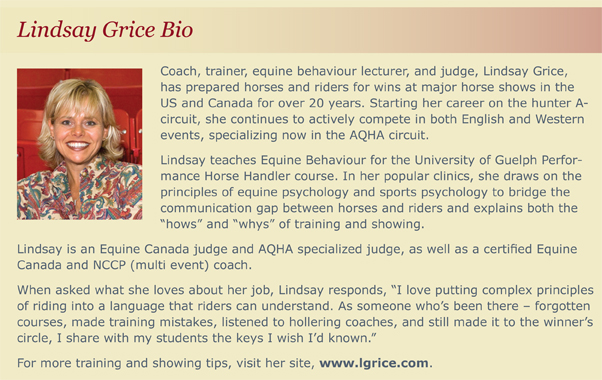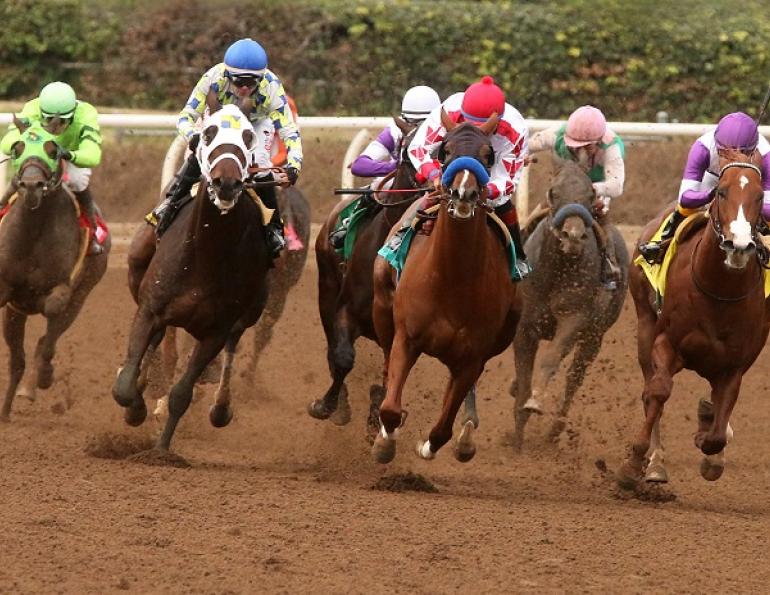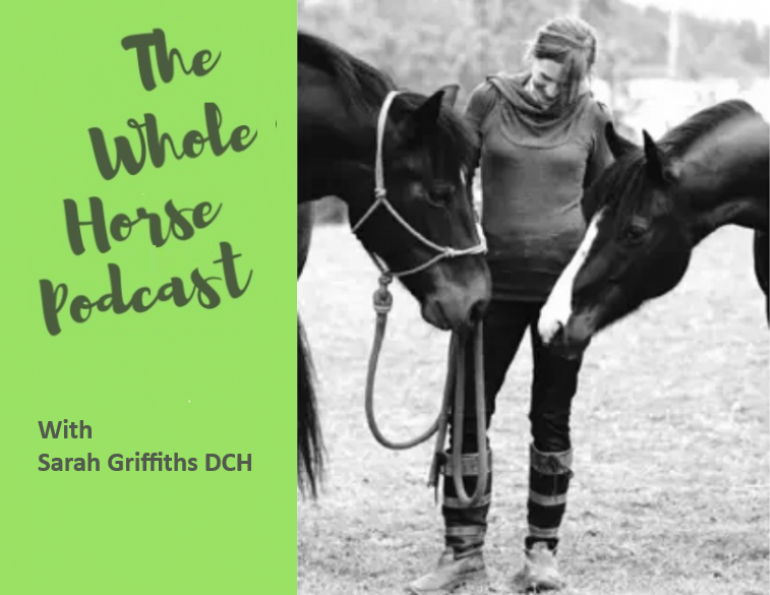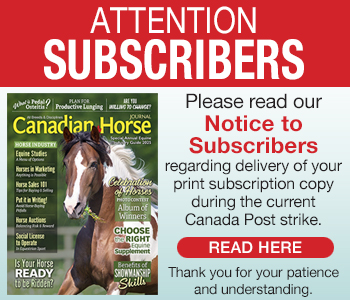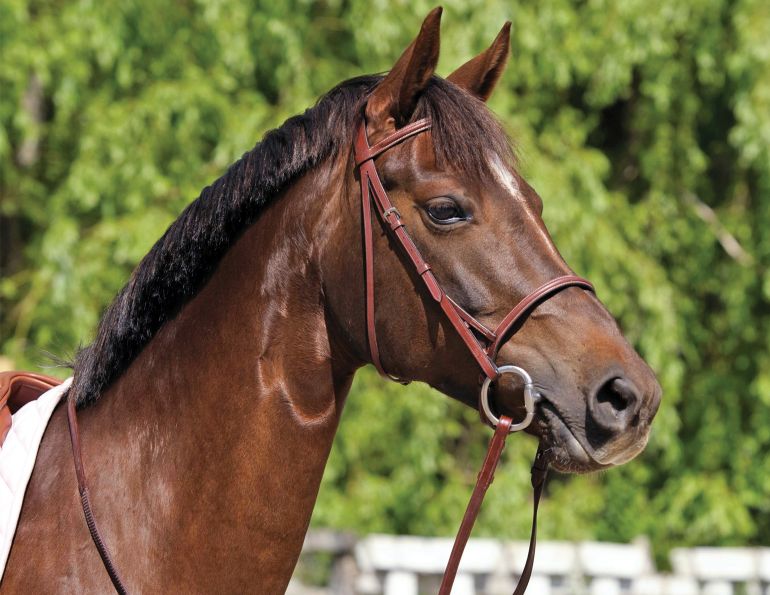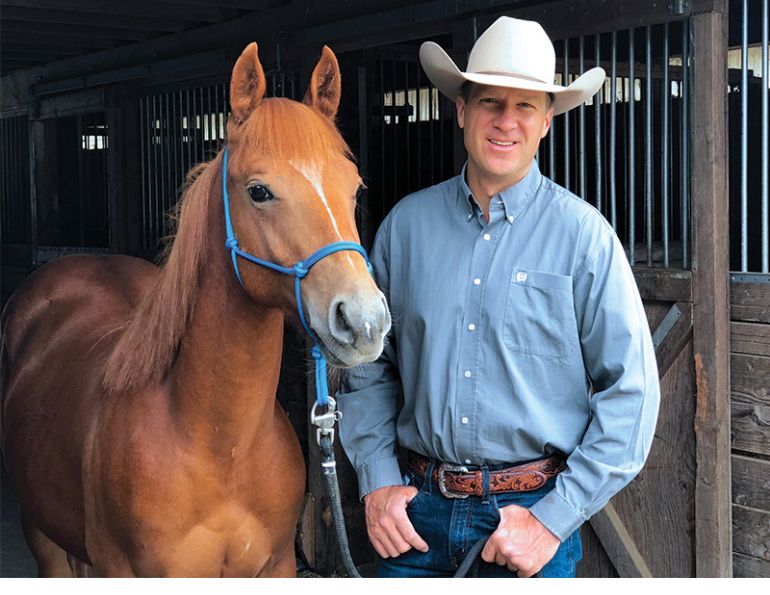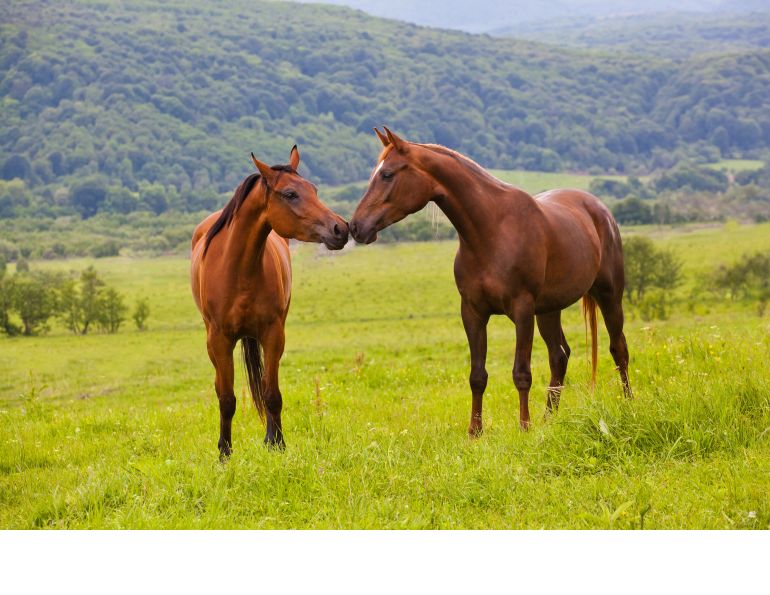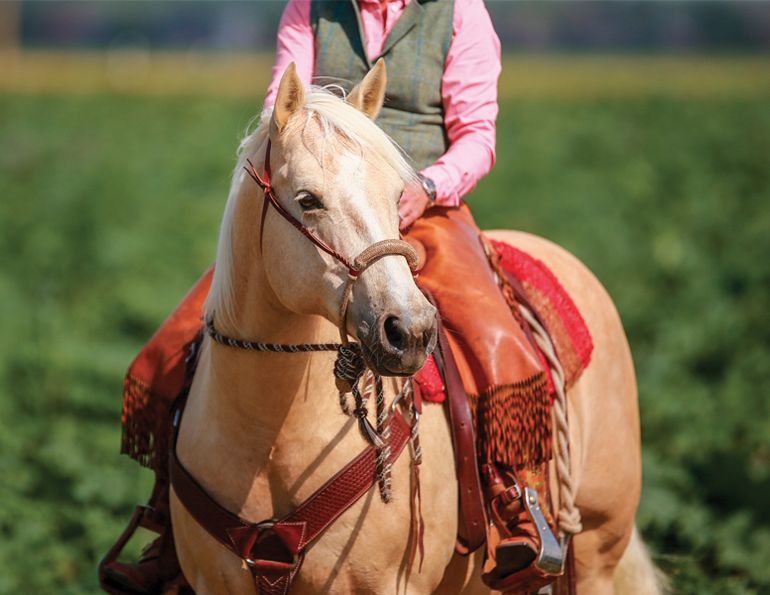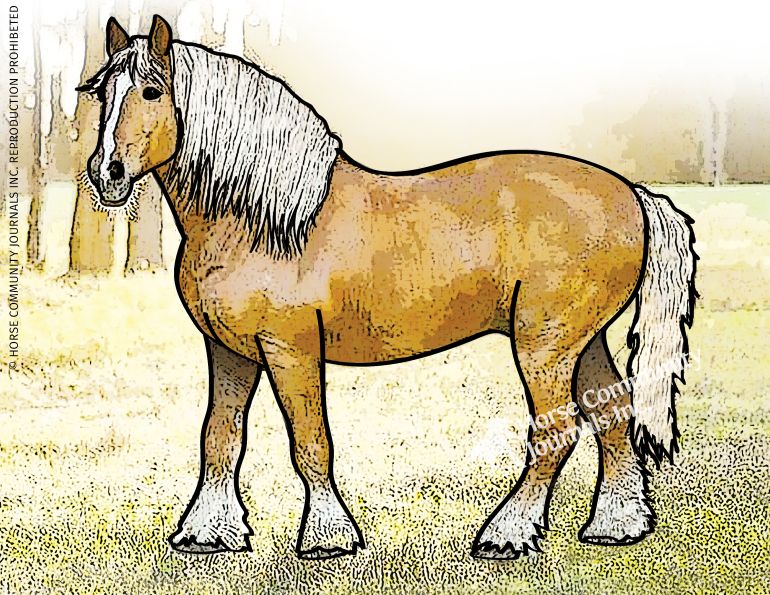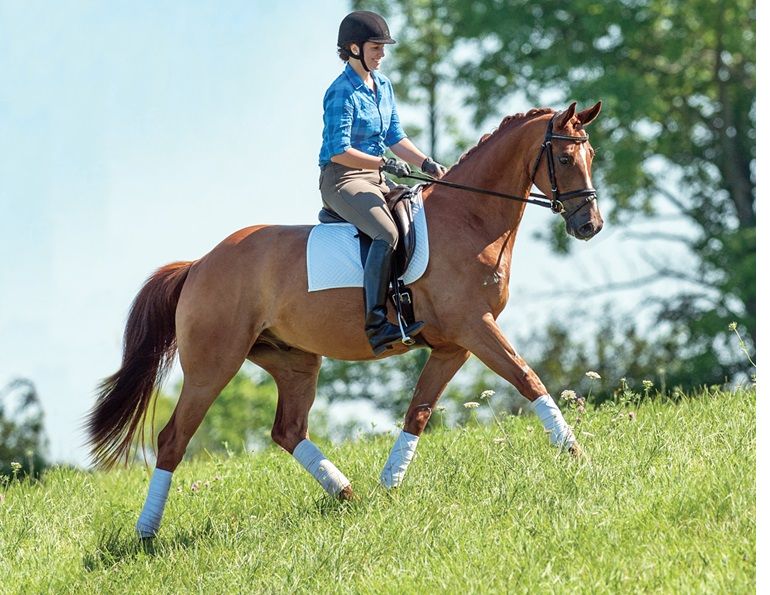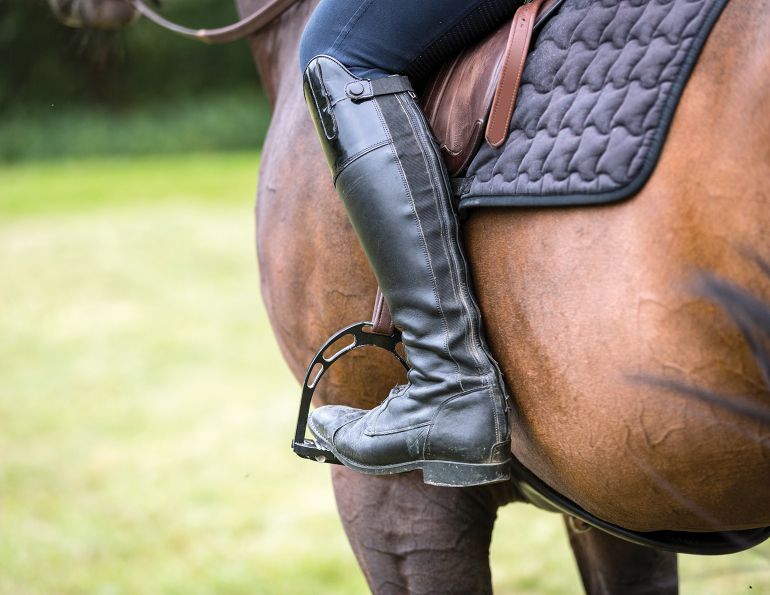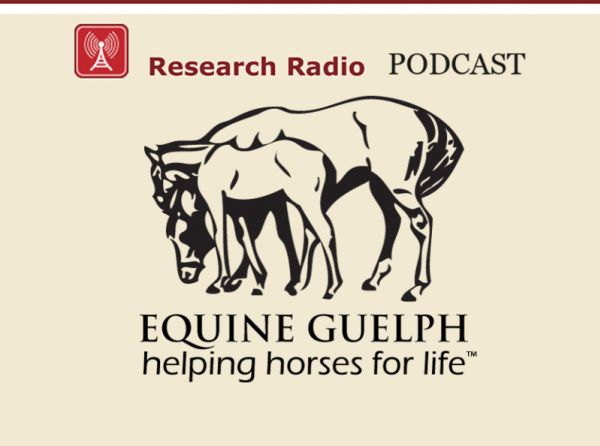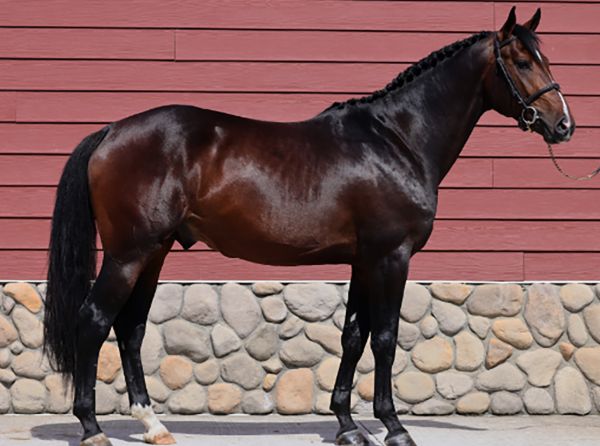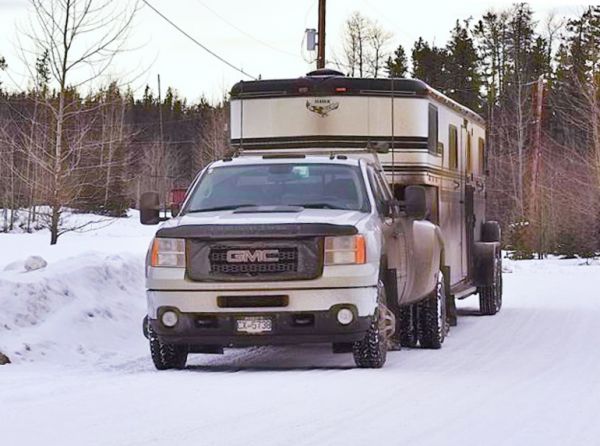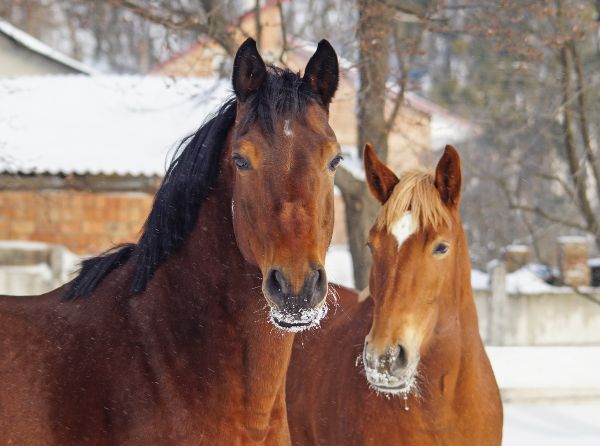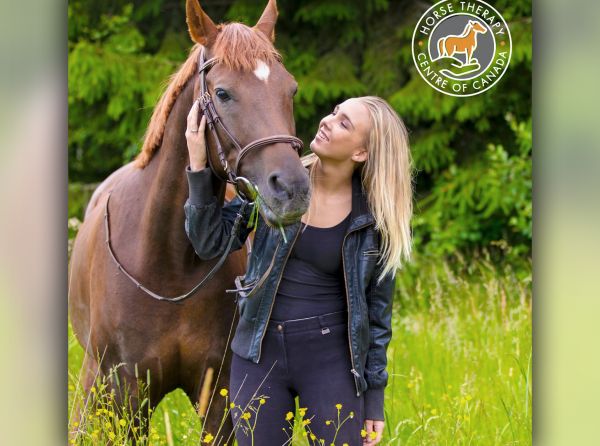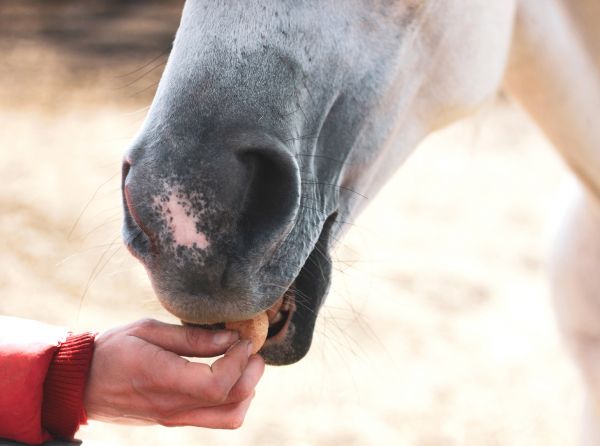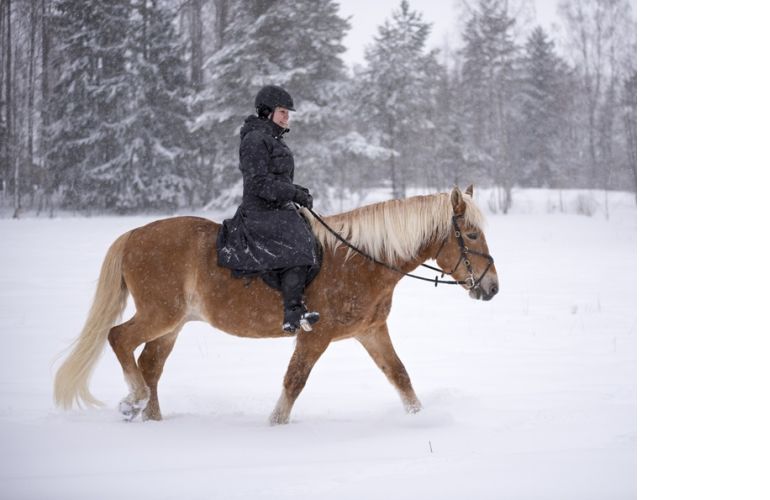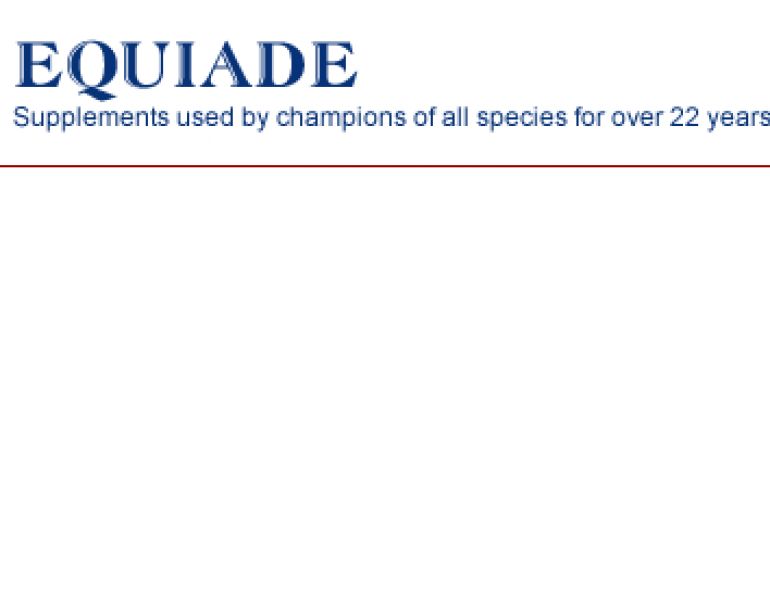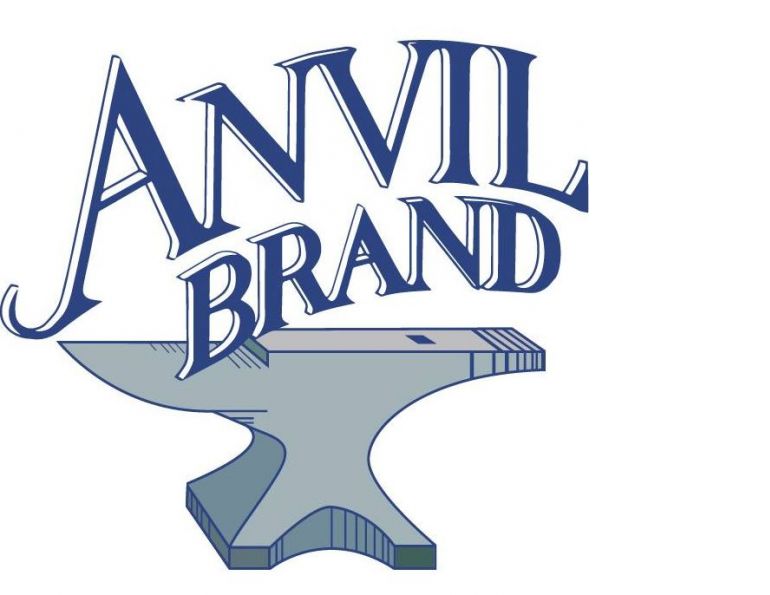By Lindsay Grice
Q My trainer seems to get along so well with my horse but with me my horse is inconsistent and he doesn’t seem to respect me. Do you think that a horse and person can have a personality clash?
A A personality clash implies that two individuals are genetically predetermined to have such conflicting natures that they can’t relate to each other. Now, that’s a shame because we miss a great opportunity to learn and grow when we dismiss another personality as incompatible.
“Is it me or my horse?” Every rider has asked herself this question when encountering a problem. But to say a horse likes or respects one rider over another is simplistic – let’s look deeper into the concept of nature versus nurture.
Nature
Some horses are certainly more emotional, sensitive, or intelligent than others. Breeding, age, and sex are some of the factors that affect a horse’s personality and learning ability. It’s always best to match a horse’s natural bent to its intended use.
Within any given breed of horse there are those which are selectively bred to be hotter and more suited for speed, agility, and energy. Others are valued because they’re unflappable. A cutting bred Quarter Horse doesn’t have the laid back nature of a Western pleasure horse. A thoroughbred suited for racing may be too hot for the hunter ring. Is your horse’s nature suited to the job you want him to do?
Nurture
I find the most common answer to a horse/human conflict is one of training and communication. It’s unlikely that your trainer’s personality simply agrees with that of your horse, but rather that he communicates effectively with your horse. Successful horsemen are sometimes described as having a “feel,” “language,” or “way” with horses. I’m inclined to disagree with a mystical description. Having studied the principles of equine behaviour and having trained hundreds of horses, I believe equitation is a systematic science. When diagnosing a horse behaviour problem, I piece together what I know about how horses naturally think as prey animals in a herd hierarchy, together with the science of how they learn to come up with a solution.
Learning theory is the mechanics of how horses acquire skills. As a written language boils down to phonics and grammar principles, horse training boils down to the cues and signals we use - how much and when they’re used.
In diagnosing the problem you’re having with your horse, you’ve noted that your trainer doesn’t seem to have the same difficulties. So your horse must understand the system of cues your trainer is using. Are you and your trainer speaking the same language to your horse?
Here are some good questions to ask yourself:
• Has my trainer effectively described to me the cues he’s using on my horse?
• Do I understand how to use my rein aids to slow, turn, or flex my horse? Do I use the same technique, timing, and intensity as my trainer?
• Am I using my leg aids in the same location as my trainer to ask my horse to go forward, and move the hindquarters or forehand?
• Do I use the same voice commands, including the same volume and tone?
• Do I have a secure position so I can deliver my cues effectively? A bouncing seat, unsteady hands, or legs which slip out of position can send mixed messages and noisy cues to the horse, overpowering your signals like static on a radio.
Ask your trainer to explain clearly how he uses his legs, hands, seat, and voice. Develop your security in the saddle so you can duplicate his system. Practice your technique in a quiet environment before you venture into the busy horse show scene.
Trainers differ in the aids and techniques they use. As long as everyone working with the horse uses the same “code,” personality clashes will cease to be an issue.
Main article photo: Once you’ve taken the time to truly understand your horse, you’ll enjoy a much closer bond with him.



